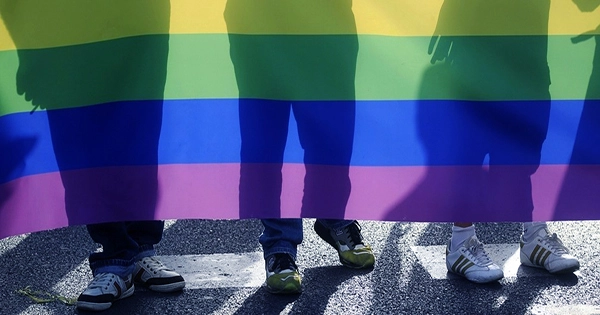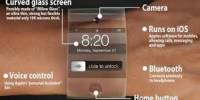Many papers published is viewed as a sign of a successful researcher in today’s institutions. This statistic is far from ideal, and it fosters a culture of “publish or perish.” Many have criticized the approach’s limitations and the damage it is causing to academic culture. The gap in opportunities and challenges that persons from historically disadvantaged groups may experience in science, technology, engineering, and mathematics is also shown by the number of publications, an recent research published in the journal PLoS ONE looked at the experiences of LGBTQA persons, especially the disparities in whether or not they reveal their identify at work.
LGBTQA is defined as “lesbian, gay, bisexual, transgender, asexual, or otherwise queer” by the study’s authors. According to the findings, people who do not reveal their identities tend to write less articles, which might jeopardize their future professional success. Although revealing one’s identification is a personal choice that should have no influence on one’s job or work quality, many people are unable to be upfront about their sexuality or gender at work without incurring penalties.
Employers in some US states were formerly allowed to discriminate on the basis of sexual orientation and/or gender identity. Many nations across the globe, including the United States, prosecute persons who are neither cisgender nor heterosexual. Even if legal structures are in place, it is possible that individuals will remain unsafe outside. The study looked at responses from 1,745 people, with 1,116 identifying as LGBTQA and the remaining 629 as cisgender, from surveys conducted in the United States between 2013 and 2016, prior to key legislative triumphs.
Straight men were anticipated to publish the most, followed by straight nonbinary people who were out at work, based on the data. Then came homosexual, bi/pan, asexual, and/or queer males who revealed their identities, followed by LGBQA women, and finally straight women. Based on the data obtained, non-disclosing LGBTQA persons had the lowest anticipated papers. This disparity might be linked to the anxiety that comes with keeping one’s identity hidden. Non-disclosure has long been thought to hinder productivity, and our findings appear to support that theory.
LGBTQA persons in STEM have previously been found to face higher levels of exclusion, harassment, and career devaluation, according to research. When it comes to racial/ethnic minorities and Trans persons, this was considerably more evident. More in-depth research are needed to truly understand the cause of this, but methods to make STEM workplaces more inclusive might be simply adopted and have an immediate influence on people’s lives.
















